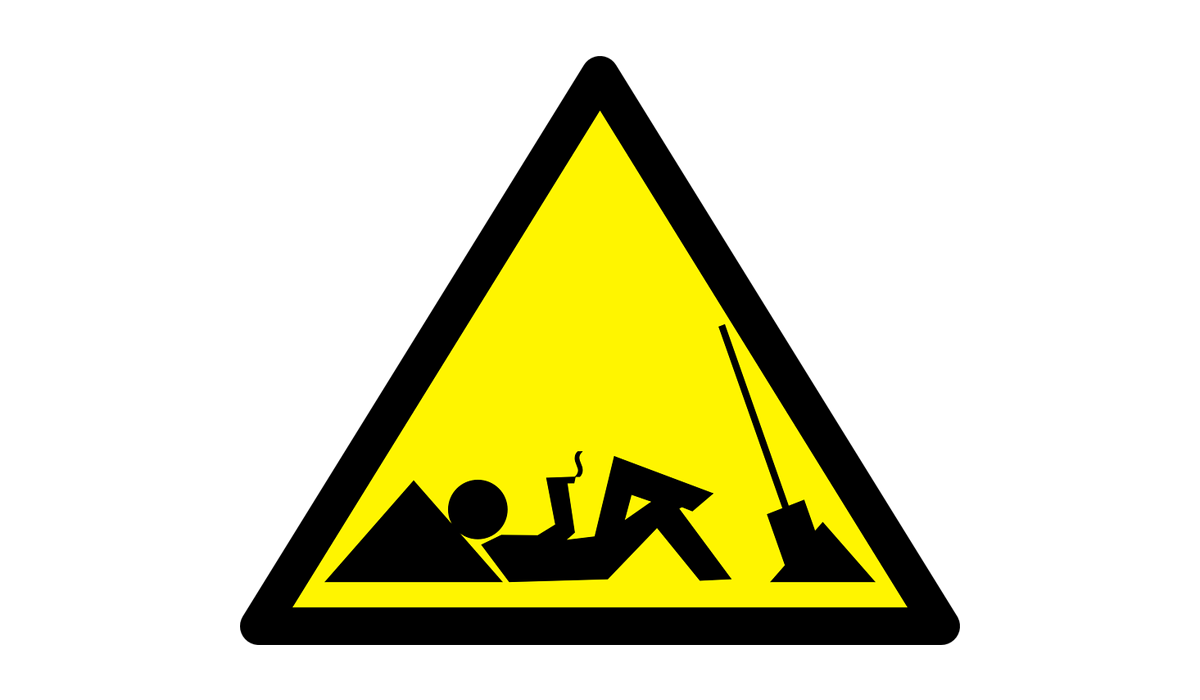Md Kamruzzaman
Research Associate, Centre for Policy Dialogue
As I willfully write this blog after several “nudges” from a colleague, I started asking myself why I am writing this piece in the first place. The last few weeks had been spent procrastinating, not by choice though, but asking myself “why we do what we do”. This thought-provoking exercise (or as some ignoramus would call it ‘waste of time’) led to a series of revelations as I started questioning the choices people make —why do people gossip and later regret it, why does my cat scream like a maniac whenever he sees food, or why did one of my friends buy five pairs No Show Socks and eventually regretted his life-choices? While I don’t have all the answers, I believe all these agents are giving in to their Instant Gratification Monkey (except for my cat; he’s a schmuck).
Just as it happens, most of us want to live in the moment. While we are bombarded with myriad choices, we seem to have a tendency to pick the one that satisfy us instantly, without delay or deferment. The psychologists or social scientists or maybe some knowledgeable people named this phenomenon Instant Gratification — because you have to name everything. Before fellow economists get disgruntled, let me also mention Intertemporal Choice because the last thing you want is an economist brooding over your writing for not mentioning all the information.
[The Intertemporal Choice is the process through which people do a cost-benefit analysis of their choices to ascertain how it would affect them at various points in time had they pursued it.]Is gratifying your inner monkey wrong? It can’t be that bad because many cheesy flicks have asked its viewers to “live for the moment”. What’s so bad about skipping a few classes to go hiking? Maybe it won’t be much of a deal to call in sick to on a road trip right now. In a true sense, one might not be able to relive this precise moment with the exact emotions when he/she/ze is eighty years old.
George Arthur Akerlof, a Nobel Laureate and a leading economist, seems to disagree since procrastination is dangerous.
[Apparently you can’t make your writing seem relevant without mentioning a few economists since they always have the answers.]As it happens, people don’t always pursue what’s best for them in the long term. They would rather spend five thousand bucks on an expensive cuisine rather than save it for the future endeavours. According to Akerlof, “although each choice may be close to maximizing and therefore results in only small losses, the cumulative effect of a series of repeated errors may be quite large”. For instance, research indicates that relative lack of retirement savings behaviour is a form of procrastination because by the time people become thrifty, it’s already too late. In my opinion, even governments procrastinate. Holding political economy, vested interest groups constant and all the other important variables that-must-be-mentioned-otherwise-the-economist-will-get-angry, it might be possible to explain why governments are reluctant or too slow to respond when an economic crisis occurs. Someone might have already done research on this topic, hence, I’d rather ask the readership to look into it.
Now the big question, since it’s the last paragraph, and the ending should always begin with a question. Should we give in to instant gratification and just procrastinate? Well, that’s up to individual decision makers. To me, and I’m quoting myself here, “Every decision is a good decision until YOU start regretting it.”



